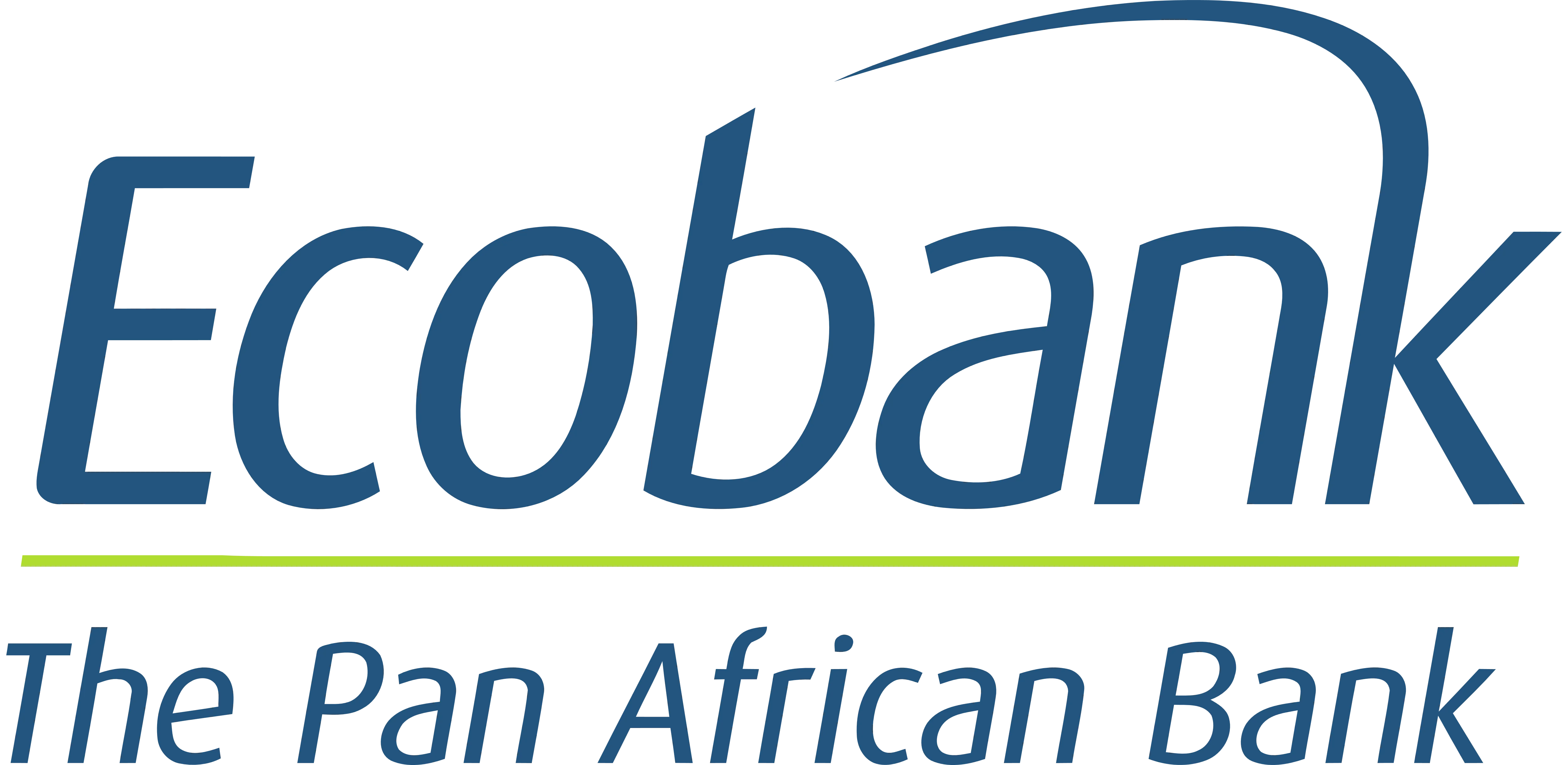Shaping a prosperous intra-Africa trade landscape
Shaping a prosperous intra-Africa trade landscape
On the sidelines of the Intra- African Trade Fair happening in Cairo in Egypt from 9-15 November, Souleymane Diagne, Head of Trade at Ecobank Group, shares his view of the huge potential for intra-African trade.

November 8th, 2023
This article was sponsored by Ecobank
Africa has historically faced challenges in addressing its long-standing trade-financing gap. It has been a long journey and, as we emerged from the Covid-19 pandemic, businesses across the continent were hit by the effects of the war between Russia and Ukraine, largely due to the fact that many African countries are dependent on grain and fertiliser imports from these two countries. This was particularly impactful on commodity prices at times although mitigated by the then “Black Sea agreement”. This led to inflation and central banks in turn responded by tightening policies and increasing rates, which then impacted the cost of financing.
However, we continue to see great opportunity for Africa to rise to the challenge. The African Union 2063 agenda, “The Africa We Want,” for instance, makes clear that Africa must become more self-sufficient. Rather than importing grains, for example, we should cultivate and source them across Africa, where we have the most extensive arable land in the world.
SMEs, a gold mine for trade opportunities
To achieve self-sufficiency, we should empower farmers and SMEs in general to improve their value chain. However, one of the lingering effects of Africa’s trade finance gap has been on the SME sector.
In Africa, SMEs contribute close to 90% of the business landscape, yet a recent study by the African Development Bank shows that a paltry 28% of the continent’s trade finance is devoted to this sector. The situation is exacerbated by the fact that if a business is not registered, then it typically cannot have access to a bank account given the requirements on banks to “know your customer”. This means that when it comes to financing, it’s difficult for banks to carry out the right credit due diligence that would enable them to grant financing. To address this, at Ecobank we are making a concerted effort to encourage SMEs to register and improve on capacity. The Ecobank Academy has trained thousands of SMEs in critical fields such as accounting and governance across sub-Saharan Africa.
Also hampering the evolution of Africa’s SMEs has been gender financing imbalance. The women who make up a large proportion of SME owners are greatly challenged when trying to access funding or new markets, due to lack of security and other barriers.
Ecobank is helping to boost the trend towards ensuring women are more and better educated and, as a result, more forthcoming when it comes to business requirements. We launched an initiative called Ellevate, aimed at businesses that are owned by women, managed by women, or selling products useful to women, with a view to enabling them to expand via capacity-building, mentoring and credit facilitation. In this regard, we have built up specific risk-acceptance criteria that enable us to lend to women on more favourable terms.
Intra-Africa trade boost
This all helps contribute to growth in intra-Africa trade, supported by the endeavours of the African Continental Free Trade Agreement (AfCFTA). The AfCFTA Secretariat last year forecast that intra-Africa trade would rise 25% by 2035 and I consider a sizable rise to be very much in sight.




Comments
Post a Comment